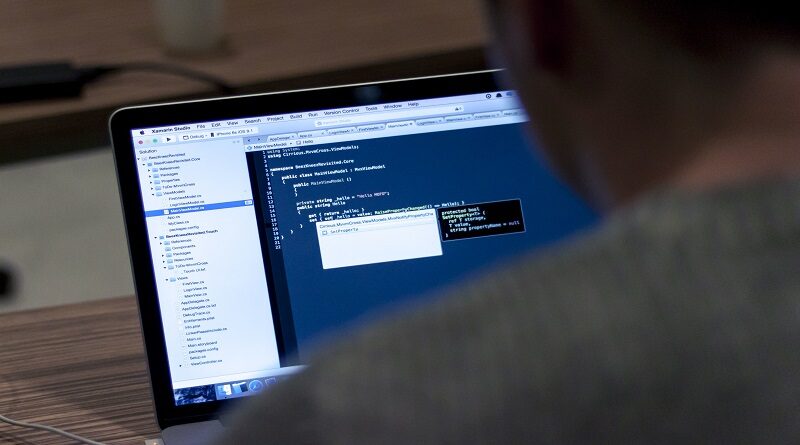Postgraduate courses in Computing
The world of computing is quite a broad one. There are many roles and titles to choose from depending on your degree. Some roles in the area may not require a specific degree.
There are many routes you can take but we aim to aid you in your search. Below is a guide to computing. We also have a guide specific to computer science if you’d like to take a look!
What is computing?
It is a very simple explanation – computing is the use or operation of computers. Computing includes the development of hardware and software and also looks at algorithmic processes. It is the process of using a computer to reach a given goal-oriented task.
How does computing differ from computer science?
Computing refers to the use or operations of computers whereas computer science is the study of the principles of and use of computers. They are closely linked and jobs may overlap in areas.
Courses
There are many courses on offer in computing at a postgraduate level across the UK. Some courses offer the opportunity to study part time or full time basis. With current Covid-19 restrictions, some courses may begin online and finish on the campus of your chosen university. Examples of courses available are:
Human Computer Interaction
Students of human computer interaction courses will develop the skills needed to analyse behaviours and gain a better understanding of user experience. The course will prepare you to advise on technological based solutions that will improve how people interact and with technology. You will also be able to advise on product and service improvements in many areas.
IT Cyber Security
Many courses in this area do not require previous computer experience. IT Cyber Security courses will help students to develop an understanding of this field and will look at cyber security tools and techniques. Students will also develop and practice relevant professional and transferable skills needed to work in the IT industry.
Computer Modelling and Finite Elements in Engineering Mechanics
Quite the long title but a course that will allow you to gain a practical understanding of computer modelling and how it plays a critical role in engineering, science and emerging areas of interdisciplinary research. A course such as this one requires previous knowledge and/or degree in the engineering, maths or similar fields.
Entry requirements
Entry requirements for different courses will differ from university to university. An honours degree is mostly required. In some cases a 2.2 degree is required while in other cases a 2.1 degree is necessary. Some courses may require an honours degree in a relevant field while others accept an honours degree in an unrelated discipline. Specific entry requirements can be found online on course overviews and university websites.
Salary expectation
Your expected salary depends hugely on what role you work in and can also depend on experience and location. If you wanted to take the computer science route you could earn in excess of £50,000 If you decide to become a web developer, your average annual salary could be around £40,000. As a computer programmer, you could earn around £38,000. These figures are based on estimates and can change depending on experience. Therefore, salary may be lower when starting out.
Typical employers
- Large computer and software companies
- Research companies
- Local and national government
- Social media companies
- Financial service providers
- Large manufacturers
Job options
There is a wide range of job options in this field and computers cover a multitude. Examples of jobs you can obtain are:
- Data Scientist – Gain knowledge and insights from data using scientific methods, processes, algorithms and systems.
- Web developer – develop world wide web applications using a client-server model
- Systems analyst – Analyze, design and implement techniques to solve problems using information technology
- Computer programmer – create computer software and write code
- Computer technician – repair and maintain computers and servers
Skills and requirements
Helpful skills or working in computer science include:
- A knowledge of computers and technology
- Able to analyse problems
- A problem solver
- Critical thinker
- Analytical skills
- Organized and strong time management
- Attention to detail and accuracy
- Systematic approach to working
- Understanding of data analysis
- Self motivated




